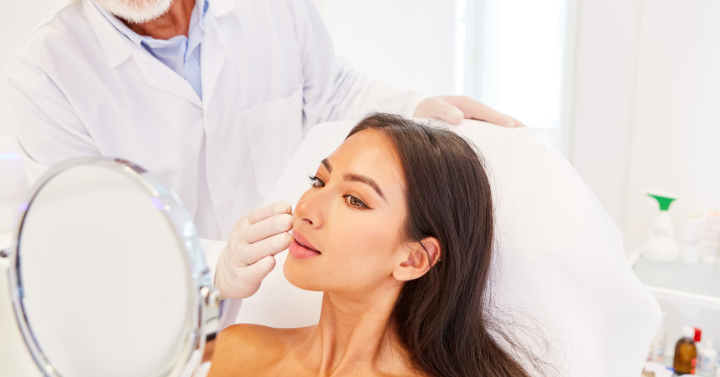
Dana Kreutzer
Project Manager, Beauty and Wellbeing
After several years of rapid expansion, the U.S. physician-dispensed skin care market is settling into a new rhythm. Kline’s latest Physician Dispensed Skin Care: U.S. Perception and Satisfaction Survey reveals how dermatologists, plastic surgeons, and medical spas are recalibrating their strategies amid moderating growth, shifting patient behaviors, and evolving brand dynamics.
Aesthetic practices continue to generate healthy revenues, but signs of normalization are emerging. The share of physicians expecting declines in 2025 has ticked up slightly compared to prior years, reflecting broader economic caution. Still, optimism remains strong.
70% of dispensing physicians expect their skin care sales to grow, but the majority fall in the single–digit growth bracket, signaling a shift toward sustainable, steady expansion rather than explosive spikes.
Medical Spas Lead Revenue Gains, While Dermatologists Drive Stability
Medical spas continue to outpace other aesthetic practice types in revenue growth. Dermatologists remain the most concentrated in higher revenue tiers, with above $100k annually generated from the sale of professional skin care products. Across all physician segments, professional skin care products now contribute a larger slice of aesthetic practice revenues: 50% of physicians report generating over 10% of total revenue from skin care retailing, up from 38% in 2023 but consistent with 2024 levels.
Skin Care Consumers Seek Value and Aesthetic Practices Streamline Offerings
Patient visit frequency and new patient flow remain steady, but spending behaviors are shifting in the physician-dispensed skin care market. Many patients are simplifying at-home regimens, prioritizing multifunctional products and trusted clinical brands. Aesthetic practices are responding by consolidating brand portfolios around leaders such as SkinCeuticals and EltaMD while selectively bringing in innovation-led newcomers such as Hydrinity and Plated to address emerging needs, including skin barrier repair and regenerative skin care.
Digital Adoption Grows Slowly in the Physician-Dispensed Skin Care Market
While Amazon and e-commerce continue to be perceived as strong competitive threats, digital integration at the aesthetic practice level remains gradual. Most sales still occur in-office, with digital revenue growth leveling off year after year. Physicians cite exclusive partnerships, loyalty programs, and clinical credibility as critical defenses against online competition.
Kline’s soon-to-be published Physician–Dispensed Skin Care: U.S. Perception and Satisfaction Survey provides an in-depth look at how dispensing physicians are navigating today’s market realities, examining pricing strategies, service mix, patient trends, and brand portfolios, and tracking how these dynamics are evolving over time.
Complementing this, Kline’s upcoming Aesthetic Skin Care Consumer Survey U.S will explore how consumers are approaching their aesthetic skin care services today, uncovering where they are investing and where they are pulling back, what factors shape their brand loyalty or prompt switching, and how their path to purchase and channel preference is evolving.

